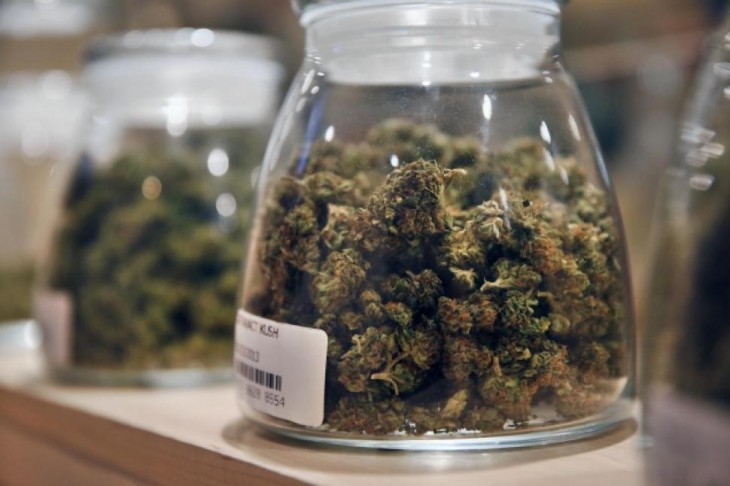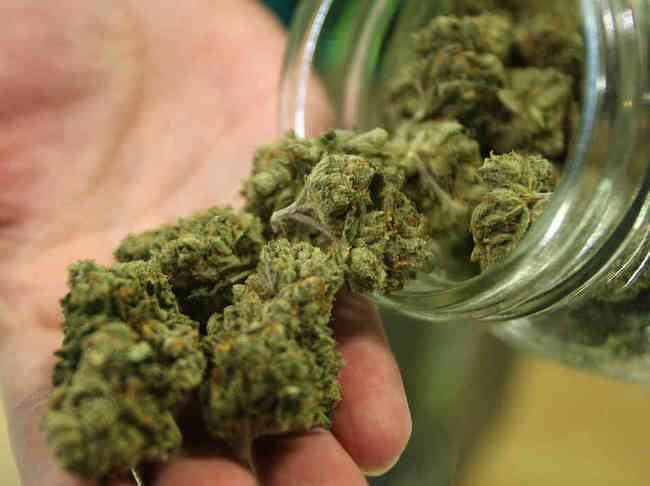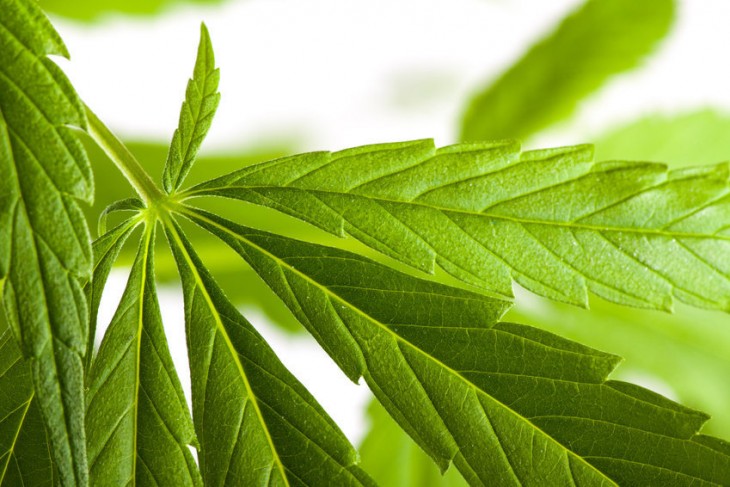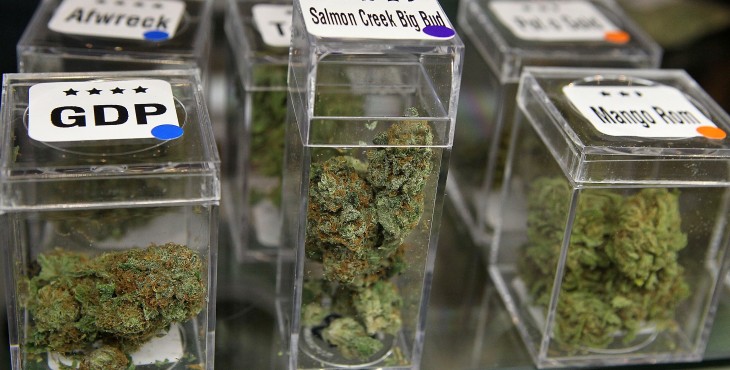Anti-biotic research is one of the most underfunded areas of science. There are some that say that at the current rate we are producing new antibacterial medicines, we will soon be outpaced by our microscopic adversaries.
Luckily for us, there are dozens of cannabinoids found in marijuana which have anti-biotic properties which are going to be studied and advance the science forward. That is of course if governments will give research centers permission to study these controlled substances.
Just to scratch the surface of terpenes and cannabinoids in marijuana that have been found to have antibacterial effects: Cannabigerol, alpha-pinene, beta-mycrene, 1,8-cineole (eucalyptol,) Rho-cymene, Cannabinol, terpineol-4-ol, alpha-terpineol, and cannabichromene have all been found to have varying degrees of effectiveness as antimicrobials. Some of these chemicals were studied alone, and others in combination with other essential oils and chemicals.
Killing the Unkillable
Of course, these are just the most effective of the terpenes and cannabinoids at killing micro-organisms and there are likely others in Marijuana that have similar effects. One of the most promising qualities of these chemicals is that they have been shown to be effective at fighting bacterial infections, such as MRSA, that have become resistant to standard medicines.
An interesting side effect of these being studied is that the oils and terpenes of other plants, such as Eucalyptus and Rosemary are now also being studied for their medicinal potential. Many of these plants share these terpenes in common, so it is easier for scientists to study these plants since there are no restrictions and red tape to work around.
A Research Vacuum
This means the potential of the Cannabinoids with antimicrobial efficacy are going understudied still. Many of the cannabinoids are more effective than the terpenes that grow in the marijuana plant and it is a real shame that pettiness is restricting medical research. One of the most in depth studies into this effect of Cannabinoids stated that the method of activity of the cannabinoids as antibacterial is still unknown, yet little more research has been done.
In the 2008 study, conducted by Giovanni Appendino and his team in Italy, it was found that all five major cannabinoids showed potent activity against several methicillin-resistant (a traditional antibacterial medicine) Staphylococcus aureus (MRSA.) The cannabinoids included cannabidiol, cannabichromene, cannabigerol, 9-delta-tetrahydrocannabinol, and cannabinol. I guess the world will have to wait until more research is conducted.









